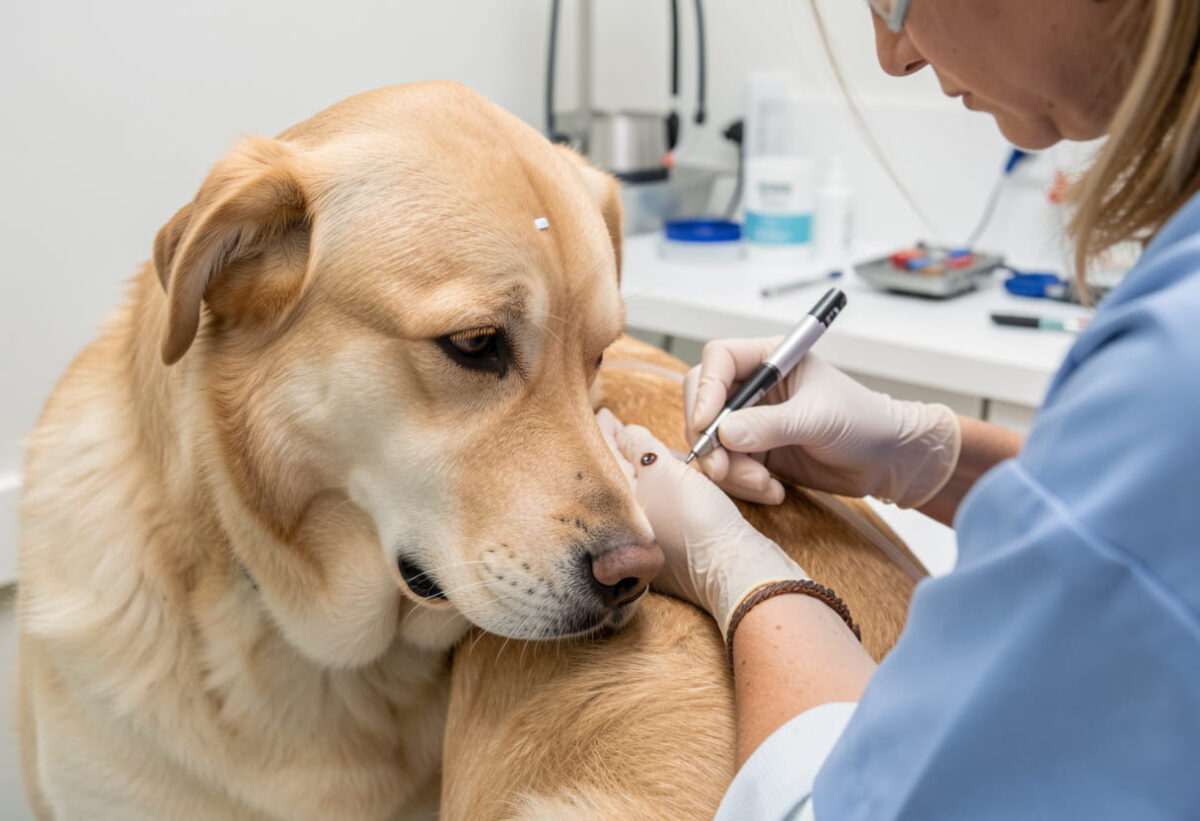Diseases You Can Get From Your Pets

Certain diseases you can catch from pets are known as zoonotic diseases, which can be transmitted from animals to humans. With friendship and health, such creatures can also carry bacteria, viruses, parasites, or fungi that pose risks to humans.
The risk rises with poor hygiene, a compromised immune system, and/or negligence of the pet. However, most pet-related bacteriosis can be effectively prevented through proper handling of pets, regular veterinary visits, maintaining clean surroundings, and practicing good personal hygiene. Therefore, stay glued as we discuss some diseases you can catch from pets and how to prevent them.
Common diseases you can catch from your pets and how to avoid them
1. Ringworm
An infection is caused by fungi affecting the skin or the scalp or nails. Animals bear and transmit it through direct skin contact. Bathing and grooming your pets frequently are highly recommended. Any area your pet frequents must be disinfected. Never touch an animal that has bald patches or lesions. Wash your hands after petting or handling any animal..
2. Toxoplasmosis
Toxoplasmosis ensues when one comes in contact with cat feces harboring the parasite. It is hazardous chiefly for pregnant women and immunocompromised patients. One should change the litter daily with gloves on. If pregnant, better have somebody else do it. Thereafter, clean the hands carefully with water. Other warnings entail avoiding the consumption of raw or undercooked meat since it too may carry the parasite.
3. Cat scratch disease (CSD)
A bacterial infection caused by Bartonella henselae, usually spread through scratches or bites from infected cats. Avoid rough play with cats, especially kittens. Clean scratches or bites immediately with soap and water. Keep cats indoors and flea-free.
4. Salmonellosis
Salmonella bacteria can be spread through handling reptiles, birds, or even contaminated pet food, particularly raw diets. It’s really important to wash your hands after interacting with pets or their food. Make sure to keep reptiles away from kitchens and little ones under 5 years old. And remember, it’s best to avoid feeding pets raw meat unless your vet gives the green light.
5. Leptospirosis
A bacterial infection can easily spread through the urine of infected dogs or wild animals. Humans might catch it by coming into contact with contaminated water or soil. To keep your dog safe, make sure to vaccinate them, steer clear of walking in floodwaters or muddy spots, and always wear gloves when cleaning up after your pet.
6. Campylobacteriosis
A bacterial infection can lead to diarrhea in humans, and it’s often spread through contact with puppies or kittens that have diarrhea. It’s really important to practice good hygiene when cleaning up after your pets. Make sure to wash your hands after handling them, especially before you eat or cook.
7. Rabies
There’s a dangerous virus that spreads through bites from infected animals. It targets the nervous system and is nearly always fatal once symptoms show up. Make sure your pets are vaccinated against rabies, and steer clear of stray or wild animals. If you get bitten or scratched, don’t wait—seek medical help right away!
8. Hookworms and roundworms
These pesky parasites make their home in the intestines of our furry friends and can easily be transferred to humans through soil contaminated with their droppings or even from pet fur. They can lead to skin infections or, in more severe cases, serious internal problems. It’s important to deworm your pets regularly. Make sure to clean up after them right away. Teach kids to avoid playing in spots where pets do their business, and remind them to wash their hands afterward.
Regular veterinary checkups, proper pet hygiene, clean surroundings, and awareness are your best tools to enjoy a safe, healthy bond with your furry (or feathery or scaly) friend.





